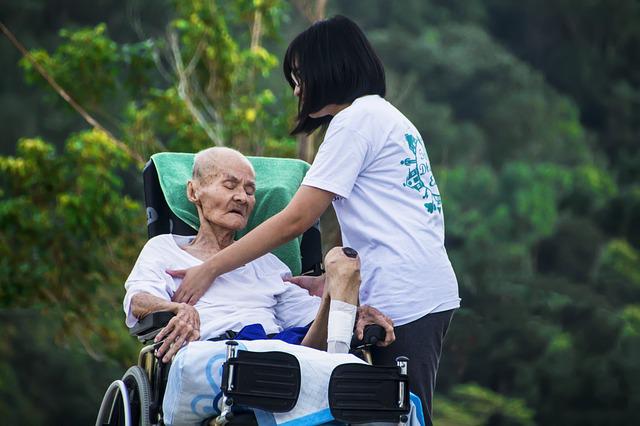
Informal caregivers need support in order to be able to provide care and support for loved ones. Support may be provided by family, friends or neighbours as well as community care services. An informal caregiver may also benefit from having some time to participate in social activities. These are some of the issues caregivers should consider:
Questions
Informal caregivers are often faced with various problems related to ICT solutions. These issues could include navigation via menus, search options and help options. Sometimes they may experience problems with logging in and using certain applications. A caregiver may also report problems with ICT solutions. These issues can impact the effectiveness ICT-based support solutions to informal caregivers.
Informal caregivers often feel helpless to change the circumstances. They may feel dependent on the patient or their families and fear being considered a caregiver. They may also feel powerless when changes are needed for the patient.

Characteristics
Informal caregivers are those who care for others. These caregivers often work for no pay, but they are crucial in many ways. These individuals provide support for elderly or sick persons who are not able to care for themselves. These individuals are often the care receiver's partners. The characteristics, as well as the personality of care receivers, can influence the characteristics or informal caregivers.
There were many differences in the nature and intensity of informal caregiving. Informal caregivers offered different hours and times of care, depending on the patient and time. A month's caregiving effort was significantly greater than that of three months. But, the hours spent caring for patients at six-months were just slightly lower. Furthermore, informal caregiving involved more than just taking care of the patient; it also included additional social support. Around 20% of informal caregiving activities included household chores.
You have to be there
Informal caregivers can have very specific needs. There are many factors that can make their needs different from caregivers to caregivers, including cultural differences. It is important that caregivers have timely and appropriate information. Informal caregivers can also benefit from a culturally sensitive approach for information and communication.
Information is critical for informal caregivers, and there are many ways to access this information. Many informal caregivers use the internet for some information. But, informal caregivers may be concerned about the reliability or validity of information found on the internet. To avoid this concern, we list several reliable sources of information for informal caregivers.

Resources
Informal caregivers often have emotional, spiritual, and practical information needs. Information services are offered by some organizations for informal caregivers. Some caregivers might need a listening ear to discuss their issues or find solutions to problems. It doesn't matter what their needs are, informal caregivers might be a great resource. Although this list isn't exhaustive, it does include a few examples. Caregivers may contact organizations that offer free phone information.
You can find resources for informal caregivers online, in printed pamphlets, on films, videos, etc. Information format is important because informal caregivers have different learning styles. They may prefer one format to another.